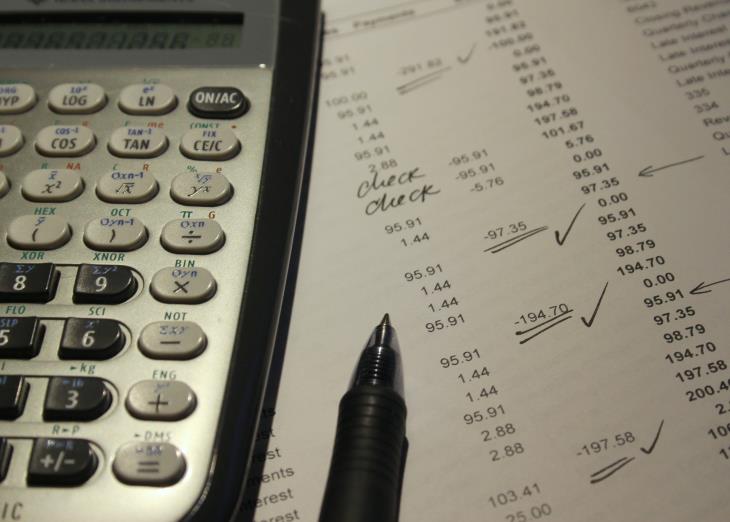
Whilst this has been a tough year for many businesses there are some people who decided that this year was as good a time as any to set up a business. Some people will have found the time to think and plan what they really want to do whilst they had more time on their hands. Some people will have always had an idea in the back of their mind and this year has given them the opportunity to explore the opportunities and take their idea forward. Others may have a hobby which they have been able to spend more time on and have found there is a market for their product.
You may not think you are setting up a business. Its just a bit of extra income. But whatever income you have in excess of £1,000 per tax year, must be declared and may be taxable. You will incur costs to make your sale. Whether that is postage for sending the goods to your customer, packaging, insurance to cover the advice you are giving, stationery, a website, or charges for an online sales platform. For every sale there is likely to be an element of cost. This is the start of your business.
And if you have a business, which will normally start with you as a sole trader/self-employed, you will need to keep accurate records of your income and expenses. All your income whether paid by bank transfer, card, cash or in kind must be recorded. All your expenses which relate to running your business must be recorded whether you have paid for these out of a personal or business bank account, by credit card or by cash.
At the end of the tax year, usually 31 March or 5 April, you report your total income and your total expenses on a self-assessment tax return and pay tax on any profit above your tax free allowance for the year.
In order to be able to report these figures accurately you must keep a record of all your income and all your spending and you will need to keep receipts as evidence of your spending. Ideally you would use a separate bank account and only business income and business expenses would go through this enabling a straightforward calculation of profit at the year end. But if you find you pay for items in cash, or from your personal bank account it is important to keep all the receipts so that you can set every business related expense against your income and thereby reduce your taxable profit. Be aware though that any money you take for yourself from your business is not a business expense.
It is always good to get your accounting records set up as soon as you start your business because as you get busier it will be the last thing you will want to be doing. Your time will be spent in creating your income and keeping your customers happy. So from the start make sure you put your business receipts in one place – a box file, a plastic folder or an envelope until you are ready to record them. Start a spreadsheet to record your costs so you have a simple way of totalling and once the receipt is dealt with file it with all the other receipts for the tax year. Record your income as you go along too and then it won’t become a large daunting task.
I have worked with lots of new businesses and know that for some people keeping finance records just isn’t their thing. They come to me before they even start so the process is put in place and they know exactly what they need to do and exactly how we will help them. Others start the process themselves really well and then come to us because they become overwhelmed with work as their business grows. Some are great at keeping their records up together but find value in having a bookkeeper to oversee what they are doing as well as for advice and guidance.
If you are just starting out or find yourself becoming overwhelmed with paperwork we will help you get back in control. We can help you get your processes sorted, we can do all or some of your record keeping for you and we can set you up on Xero accounts software if you want to use it. But most of all if you choose us to support you with your record keeping we will be there for you when you need us with advice and guidance too.
Leave a Reply